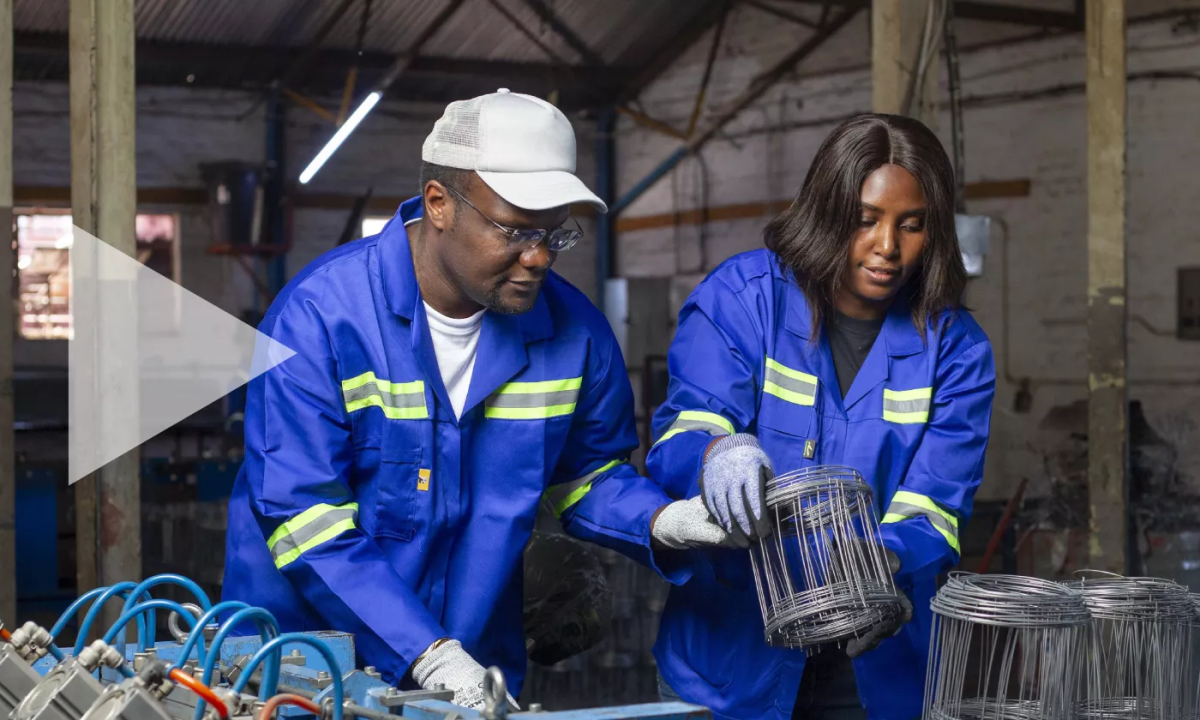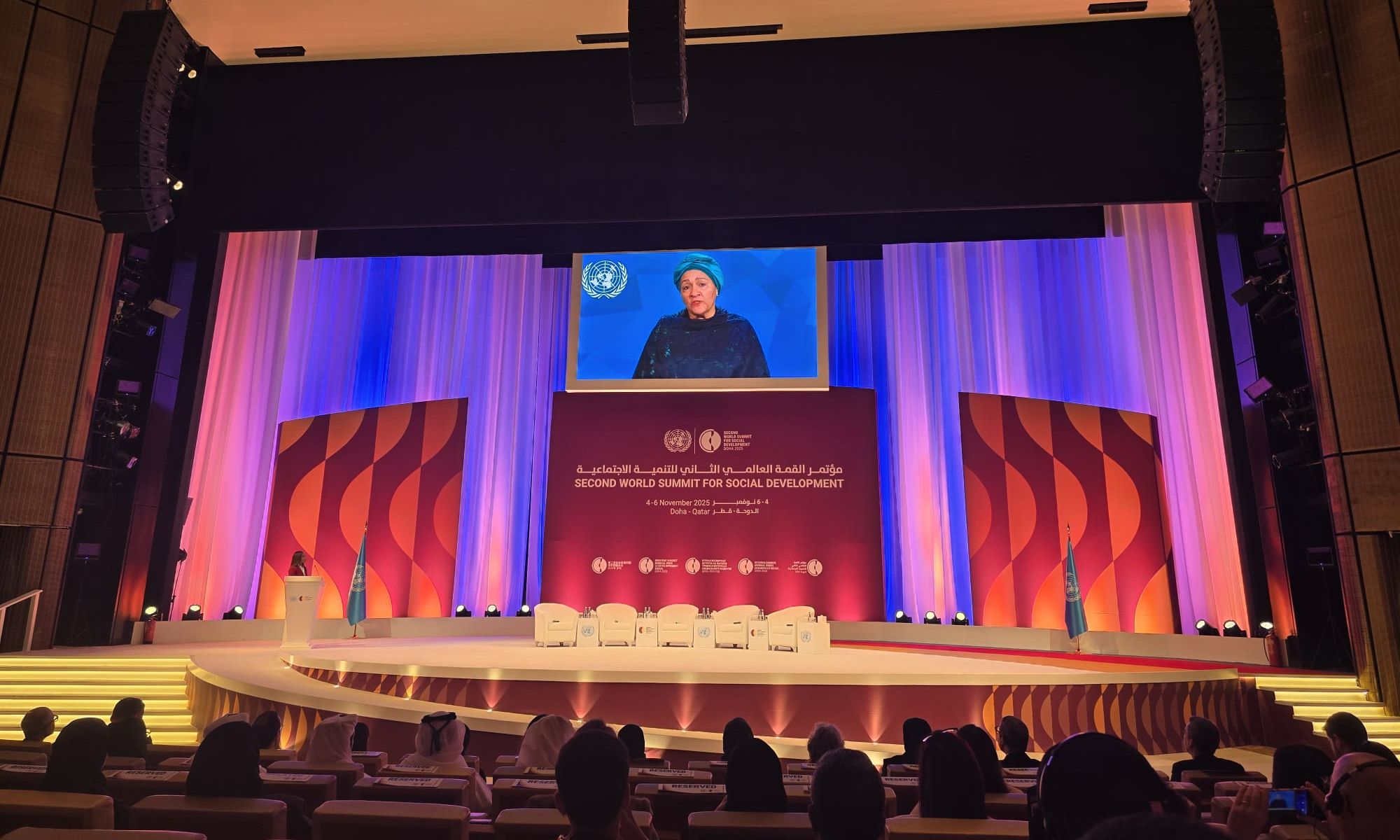New Insights from the ILO’s World Employment and Social Outlook (WESO) Trends 2025

The International Labour Organization (ILO) has just released the latest edition of its flagship report, World Employment and Social Outlook (WESO) Trends, offering critical insights into the evolving landscape of global employment, income inequality, and the transformative impacts of technology and geopolitics.
A Complex Economic Landscape
The global economy in 2025 remains marked by heightened uncertainty, driven by ongoing geopolitical tensions, trade disruptions, and shifts in global supply chains. Despite easing inflationary pressures, the overall growth outlook has weakened: global GDP growth has been revised downward from 3.2% to 2.8%. This slowdown is mirrored in labour markets, with global employment growth expected to slow from 1.7% to 1.5% — equivalent to 53 million new jobs, down from an earlier forecast of 60 million.
High-income countries show mixed signals. Unemployment rates remain at historic lows, yet job vacancies have dipped below their long-term trends. Meanwhile, both business and consumer sentiment have deteriorated in early 2025, highlighting the fragility of the economic recovery.
Labour Market Risks and Inequality
Workers tied to consumer demand, particularly in the United States, face significant risks from rising trade barriers and tariffs, affecting approximately 84 million jobs across 71 countries.
Alarmingly, the labour income share has continued its downward trend, falling from 53.0% in 2014 to 52.4% in 2024. This trend exacerbates income inequality, raising concerns about social cohesion and inclusive growth.
Technology and the Future of Work
Technological change, especially the rise of generative artificial intelligence (AI), is set to reshape the world of work. The report notes that:
- Nearly one in four workers worldwide is employed in occupations with some exposure to AI-driven automation.
- 16.3% of workers hold jobs with medium exposure, while 7.5% are in high-skill occupations that could see most tasks automated by generative AI.
While the full impact of generative AI remains uncertain, its potential to transform entire job categories calls for proactive policies to support worker transitions and upskilling.
A Call for Action
The 2025 WESO Trends highlights the need for coordinated policy responses that address geopolitical uncertainties, trade disruptions, and technological transitions. It also underscores the importance of promoting decent work, safeguarding social protections, and investing in skills development to build resilient, inclusive, and forward-looking labour markets.
Read the full WESO Trends report on the ILO website to learn more about these important findings and their implications for workers, employers, and policymakers worldwide. https://www.ilo.org/publications/flagship-reports/world-employment-and-social-outlook-trends-2025





